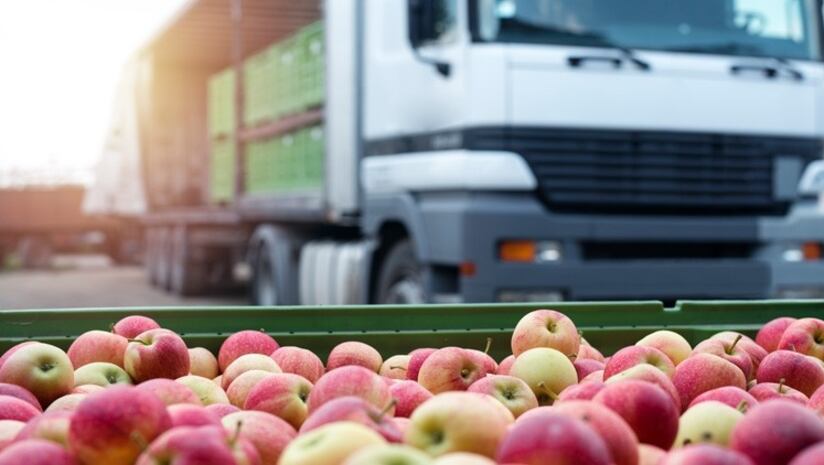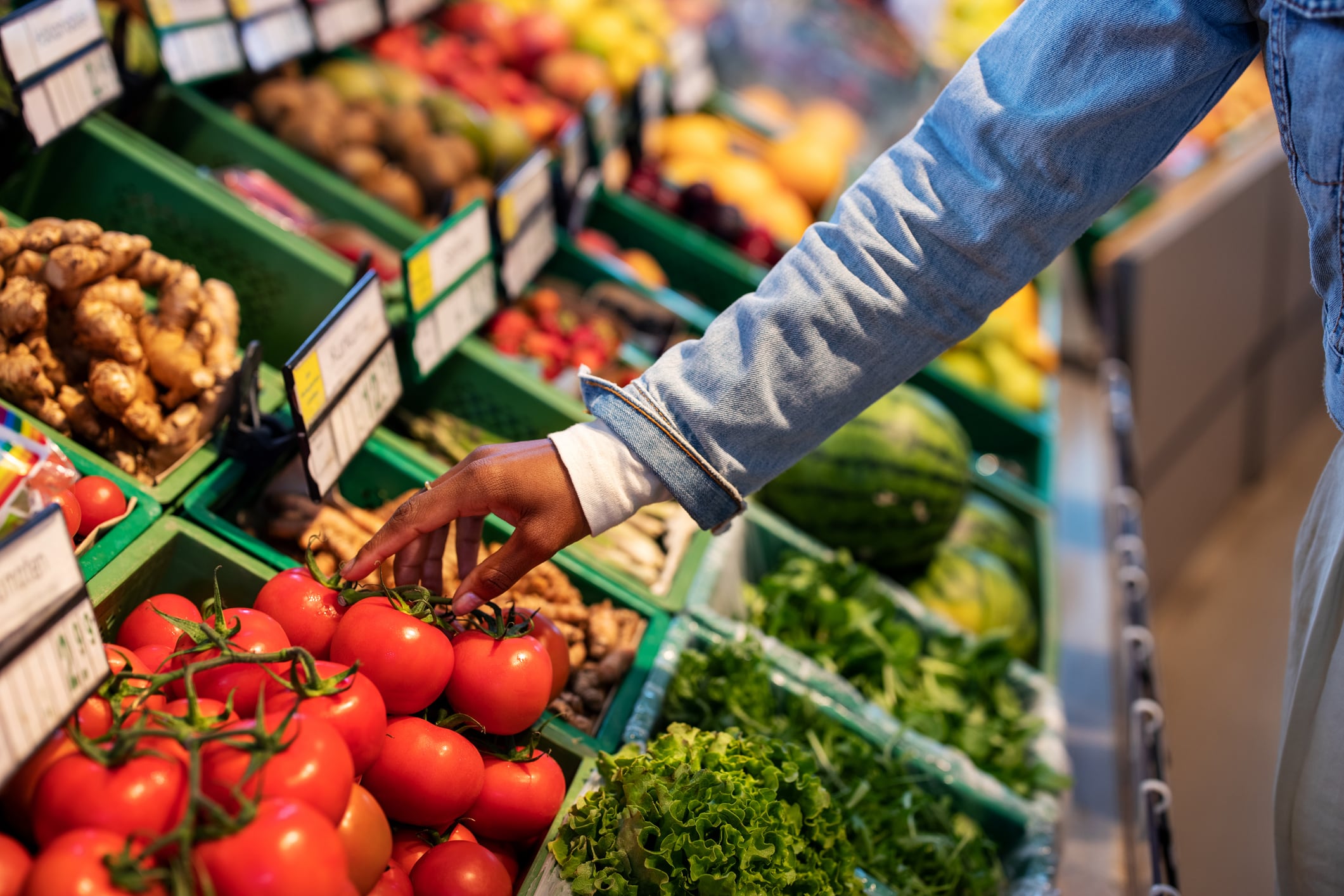The Food Foundation’s ‘Broken Plate’ report found that, on average, healthier foods are more than twice as expensive per calorie as less healthy foods.
While this is nothing new – the pattern has persisted for at least the past decade – the gap has widened in the past two years, with the price of more healthy food up 21% between 2022 and 2024. For comparison, less healthy foods saw an increase of 11%.
The most deprived fifth of the nation would need to spend 45% of their disposable income on food to afford the government-recommended healthy diet, rising to 70% for those households with children.
“This metric highlights that for many people a healthy diet is financially out of reach,” read the report. “While this has decreased from the peak of the cost-of-living crisis (50% in 2021–22), it remains higher than the previous year’s figure of 43% (2020–21).
Stark disparity
“There is a stark disparity in the proportion of disposable income that different income groups must spend to afford the Eatwell Guide, with the least deprived fifth of households only needing to spend 11%.”
This price disparity extended to more sustainable food and drink as well, with plant-based milk alternatives 55% more expensive on average than their dairy counterparts – £1.92 per litre versus £1.24 per litre.
While more expensive than dairy milk, plant-based milk alternatives category has grown, with more than a quarter of all UK households buying alternatives more than once in 2023. Own-label plant-based milks have even been found to be cheaper than dairy milk – the cheapest 25% are on average 6p cheaper than the average price of fresh dairy.
The report also found that the food sector has lagged behind the rest of the UK economy in its efforts to cut greenhouse gas (GHG) emissions.
GHG emissions
Between 2008 and 2022, GHG emissions across the whole of the UK economy fell 38%. However, the food sector only managed a 17% reduction over the same period.
Agriculture made up the majority of GHG emissions (46%) while manufacturing, packaging and transport together made up 28% of the UK’s emissions. Some reductions experienced by the food sector could be attributed to spillovers from other sectors, such as more efficient appliances and increased renewable energy use, rather than cleaner farming and eating.
The Food Foundation also noted that the food industry was a leading cause of biodiversity loss and that the UK diet – especially the consumption of ruminant meats like beef and lamb – are directly linked to increased extinction risks for numerous species.
“Addressing these environmental impacts of our food system is crucial if the government is to meet its commitments to cut greenhouse gas emissions, protect 30% of UK land by 2030, halt wildlife decline by 2030 and forge a global deal on nature conservation,” the report added.
Food and nutrition security
“Furthermore, climate change and biodiversity loss both pose serious risks to food and nutrition security, as well as to the economy, by increasing extreme weather events and reducing harvests.
“To create a more environmentally sustainable food system, food environments should enable people to shift their diets towards increased consumption of minimally processed, plant-based, alternatives such as vegetables and legumes. These foods offer benefits for both sustainability and health. Achieving this requires making minimally processed, plant-based options more affordable, accessible and appealing to everyone.”
While the Food Foundation called on everyone in the food industry to play their part in providing healthier, more affordable food to the masses, the laid most of the responsibility at the government’s feet.
“Ultimately political leadership, supported by our best civil servants, is the key to unlocking change but has been in short supply in recent years,” the report concluded. “The Labour Party manifesto committed to end mass dependency on emergency food parcels, reduce child poverty levels and raise the healthiest generation of children ever.
“The proposed Food Strategy, Child Poverty Strategy and broader thinking on food insecurity are all in train, creating an excellent opportunity – but these must all come together to deliver coherent, significant and swift action. We applaud the commitments and ambition: now it is time for action.”





